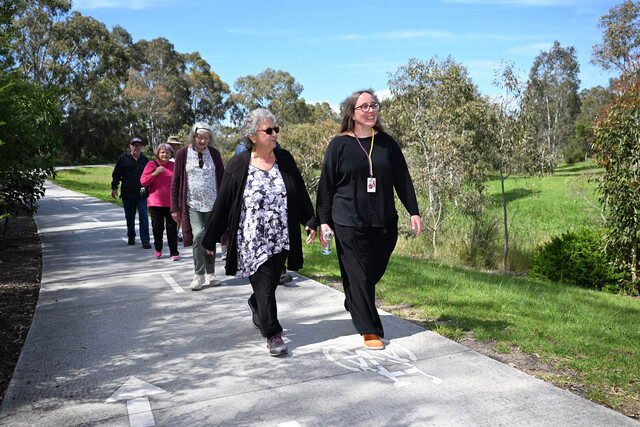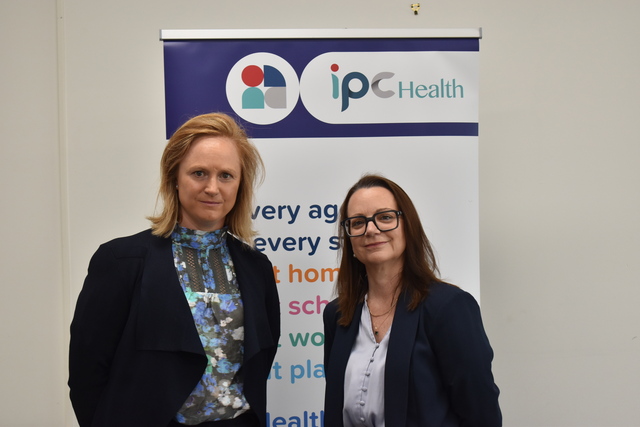A new report into the mental wellbeing of Australia’s youth, written by the University of Adelaide, has shown young people across the country, including those from Brimbank, are struggling with their resilience and mental health.
The finding was published in the 2023 State of the Nation Report, with data collected from the annual Resilient Youth Australia Resilience Survey of around 140,000 students in Grades 3-12, across every state and territory.
Responses showed 27.4 per cent of primary school students and 35.9 per cent of secondary school students report high levels of anxiety, depression, or both.
The 2023 report did not show improvement in the wellbeing of young people compared with data captured during the disrupted pandemic years.
University of Adelaide’s Wellbeing in Learning & Development (WiLD) Laboratory, Dr Mark Kohler said, “Our data compares current wellbeing reports with 2022 and 2021, and for the most part shows no improvement over this time,”
“It’s clearly not just a simple matter of ‘coming out of Covid’ or things going back to normal. When it comes to the wellbeing of our youth, the data doesn’t paint a pretty picture.”
Dr Kohler said more research and investment in school-based programs is needed immediately.
“Families have declining resources, and often parents need to manage their own wellbeing in addition to that of their children,” he said.
“One-on-one consultations with a psychologist or counsellor, while excellent, are no longer practicable to address the levels of problems amongst our children and youth in Australia.
“A broad scale school-based program is not only effective but also has the efficiency and reach to address the problems at a
whole-population level.”
The State of the Nation Report makes three urgent recommendations to address Australian youth’s poor mental health:
• As students largely consider schools as safe, supportive and positive places to be, they should be used to address the
wellbeing of young Australians by using proactive, evidence-based programs that are continuously measured.
• Schools should be empowered with knowledge and context-specific student mental health data to inform their
approach.
• Wellbeing should be prioritised as a way of influencing academic outcomes, given the evidence showing a strong
correlation linking good mental health and academic success.







